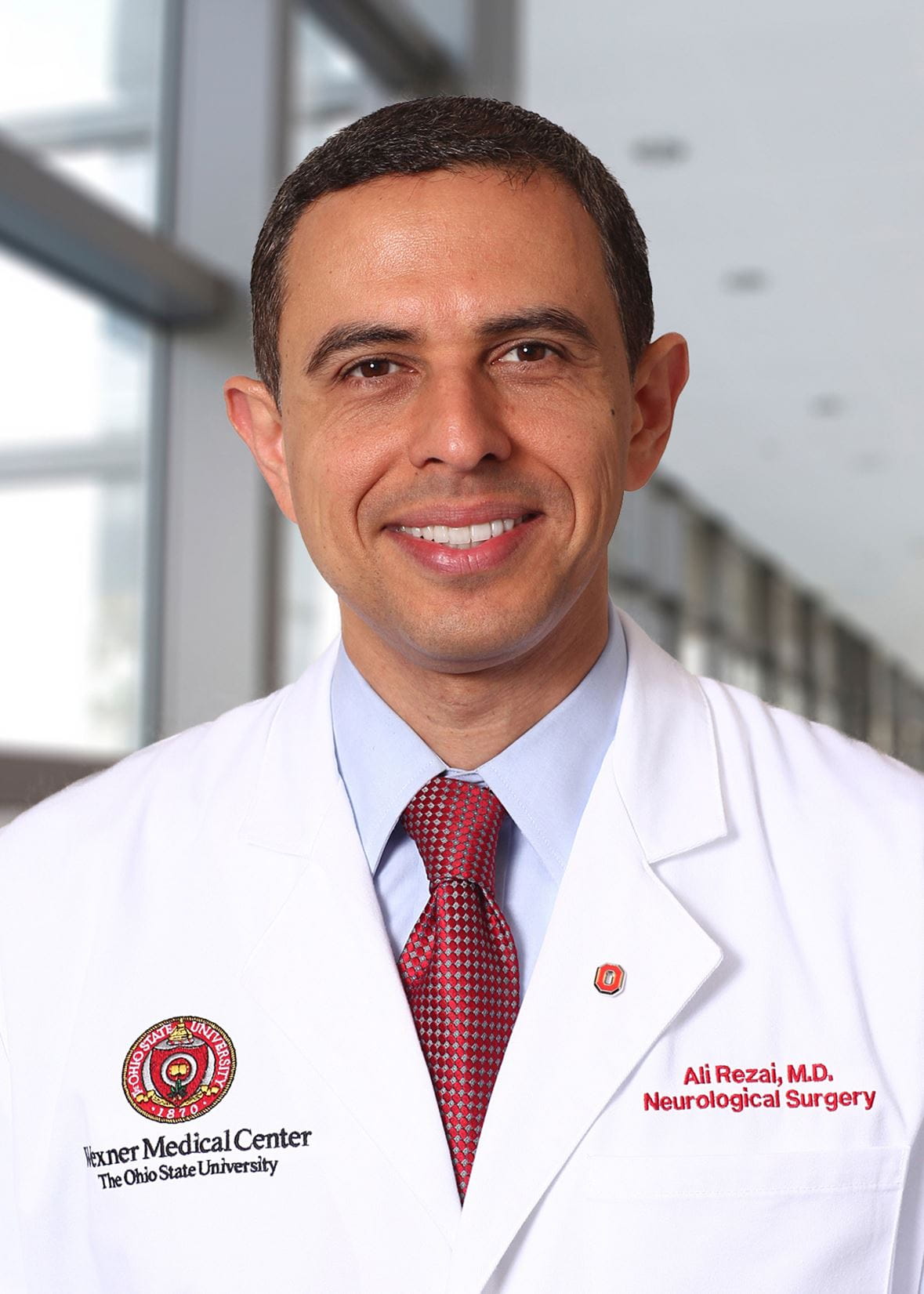August 27, 2012
 COLUMBUS, Ohio – Modulation and regulation of a region in the brain that has been linked to addictive behavior could potentially be a promising new treatment for patients with severe obesity who have failed previous therapies including gastric bypass surgery.
COLUMBUS, Ohio – Modulation and regulation of a region in the brain that has been linked to addictive behavior could potentially be a promising new treatment for patients with severe obesity who have failed previous therapies including gastric bypass surgery.
Deep-brain stimulation (DBS), also known as a brain pacemaker, has been proven safe and effective and is FDA approved for the treatment of several movement disorders such as Parkinson’s disease, tremor, dystonia, and severe obsessive compulsive disorder. Researchers are also investigating the use of DBS for major depression and addictions.
A team of investigators at the Ohio State University has received approval from the Food and Drug Administration to investigate the use of brain pacemakers as a treatment for obesity. The investigators include neurosurgeons, bariatric surgeons, psychiatrists, psychologists, neurologists, neuroscientists, and other related specialists who have developed the new approach.
Obesity is characterized by a body mass index (BMI) score of 30 or higher. Federal health officials estimate that about 35 percent of adults in the United States are obese, and 2.8 percent of men and almost 7 percent of women are in the “extreme obesity” category, with a BMI greater than 40.
Ohio State researchers and clinicians make the case and rationale for deep-brain stimulation research as an obesity treatment in an article published in the August issue of the journal Neurosurgery.
The goal is to use deep-brain stimulation in these patients to improve the function, regulation and control of the brain reward center, according to Dr. Ali Rezai, professor of neurological surgery at Ohio State’s Wexner Medical Center. “These are very disabled patients who are suffering from their obesity,” he said.
“Research shows that many of the complexities of obesity are traced to faulty signals in the brain. Considering the heightened health risks in obese individuals and the problems that some patients have after bariatric surgery, it is reasonable to consider deep-brain stimulation as a treatment option that needs to be explored,” added Rezai.
The Ohio State team includes Dr. Rezai, also director of the Center for Neuromodulation at Wexner Medical Center, collaborating with Dr. Bradley Needleman who is the director of the bariatric surgery program at Wexner Medical Center.
